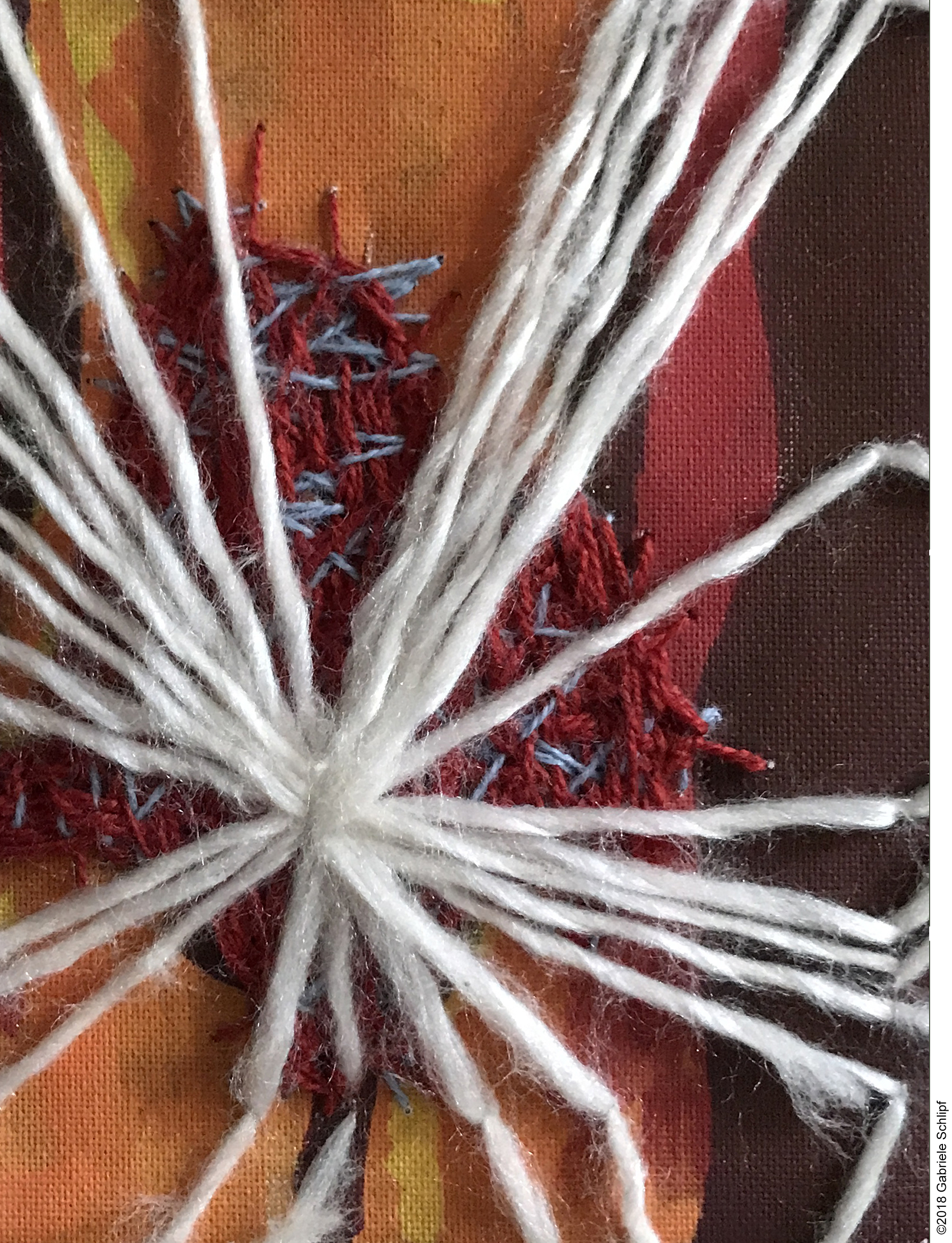Transformative Practices From the Pluriverse
DOI:
https://doi.org/10.47061/jasc.v3i2.7007Keywords:
decolonial, co-creation, knowledge production, transformational practices, participatory action researchAbstract
This Discussant Commentary seeks to delve into the fundamental principles underlying the study conducted by Miraval & Quintana (2023). Their article explores the concept of adaptive humanism as a means to transition from limiting to quantum narratives, recognizing the profound impact of these concepts on our perception of reality. As Latinos, we highly value research that empowers diverse voices, acknowledging the significance of individuals and groups embracing and expressing their unique narratives. This emphasis on understanding one's "modes of being in the world" deviates from the idea of a singular universal worldview, a perspective that Miraval & Quintana (2023) aptly characterized as endorsing "one-size-fits-all" approaches. It is crucial to underscore the necessity of comprehending the intricacies of the modern paradigm, challenging conventional notions of centrality to transcend singular perspectives that perpetuate the prevalence of limiting narratives. Furthermore, this paper places additional emphasis on the pivotal role of methodological approaches in empowering individuals to grasp the intricate processes of transformation within their spaces from a decolonial perspective. This involves fostering dynamics of co-creation and proactive participation within communities to create mechanisms for understanding alternative ways of being and relating to the world. Such an approach requires a direct understanding of narratives from their sources, facilitating the construction of individual, distinctive paths.
References
Albrechts, L., Barbanente, A., & Monno, V. (2020). Practicing transformative planning: The territory-landscape plan as a catalyst for change. City, Territory and Architecture, 7(1), 1–13. https://doi.org/10.1186/s40410-019-0111-2
Argyris, C., & Schön, D. (1997). Organizational learning: A theory of action perspective. Reis: Revista Española de Investigaciones Sociológicas, 77/78, 345–348. https://doi.org/10.2307/40183951
Blanco, H. (1994). How to think about social problems: American pragmatism and the Idea of planning. Bloomsbury.
Boje, D. (2014). Being quantum: Ontological storytelling in the age of Antenarrative. Cambridge Scholar Publishing.
Borda, O. F. (2001). Participatory (action) research in social theory: Origins and challenges. In P. Reason & H. Bradbury (Eds.), The Sage handbook of action research: Participative inquiry and practice (pp. 27–37). Sage.
Escobar, A. (1995). Encountering development: The making and unmaking of the Third World (Vol. 1). Princeton University Press.
Escobar, A. (2018). Designs for the pluriverse: Radical interdependence, autonomy, and the making of worlds. Duke University Press.
Fischler, R. (2012). Reflective practice. In B. Sanyal, L. J. Vale & C. D. Rosan (Eds.), Planning ideas that matter: Livability, territoriality, governance, and reflective practice (pp. 313–331). MIT Press.
Freire, P. (2018). Pedagogy of the oppressed (50th anniversary ed., M. B. Ramos, Trans.). Bloomsbury. (Original work published 1968).
Ginwright, S. (2022). The four pivots: Reimagine justice, reimagine ourselves. North Atlantics Books.
Gudynas, E. (2011). Buen vivir: Today’s tomorrow. Development, 54(4), 441–447. https://doi.org/10.1057/dev.2011.86
hooks, b. (2014). Feminist theory: From margin to the center. Routledge.
Lefebvre, H. (1974). The production of space. Wiley
Maldonado-Torres, N. (2017). Frantz Fanon and the decolonial turn in psychology: From modern/colonial methods to the decolonial attitude. South African Journal of Psychology, 47(4), 432–441. https://doi.org/10.1177/0081246317737918
Mignolo, W. (2007). Delinking: The rhetoric of modernity, the logic of coloniality and the grammar of de-coloniality. Cultural Studies, 21(2–3), 449–514. https://doi.org/10.1080/09502380601162647
Mignolo, W., & Walsh, C. (2019). On decoloniality: Concepts analytics and praxis. Duke University Press.
Miraval, F., & Quintana, H. (2023). Adaptative Humanism: Moving from limiting to quantum narratives to connect with the emerging future. Journal of Awareness-Based Systems Change, 3(2),
Roy, A. (2006). Praxis in the time of empire. Planning Theory, 5(1), 7–29. https://doi.org/10.1177/1473095206061019
Scharmer, C. O. (2009). Theory U: Learning from the future as it emerges. Berrett-Koehler Publishers.
Scharmer, C. O. (2013). Leading from the emerging future: From ego-system to eco- systems economies. Berret-Koehler Publishers.
Schön, D. (1991). The reflective practitioner: How professionals think in action. Ashgate.
Senge, P., & Scharmer, O. (2001). Community action research: Learning as a
community of practitioners, consultants and researchers. In P. Reason & H. Bradbury (Eds.), Handbook of action research: The concise paperback edition (pp. 195–206). Sage.
Smith, L. T. (1999). Decolonizing methodologies. Zed Books.
Staines-Díaz, L. (2022). Living in uncertainty: Challenging the planning practice in and around informal settlements in Monterrey, Mexico [Doctoral dissertation, University of Texas]. Texas ScholarWorks. https://repositories.lib.utexas.edu/items/e877131b-f320-4d20-8f4d-39946e46a88f
Wallace, R., & Staines-Diaz, L. (2022). Sustaining practices and ‘progress’ over people: Identifying the potential consequences of communicating sustainability to the Global South. Journal of Environmental Media, 3(2), 155–161. https://doi.org/10.1386/jem_00079_1
Wilber, K. (1979). No boundary: Eastern and Western approaches to personal growth. Shambhala.
Wilson, P. A. (2019). The heart of community engagement: Practitioner stories from across the globe. Routledge.
Downloads
Published
Versions
- 2023-12-15 (2)
- 2023-11-30 (1)
How to Cite
Issue
Section
License
Copyright (c) 2023 León Staines-Díaz, Marysol Uribe

This work is licensed under a Creative Commons Attribution 4.0 International License.


